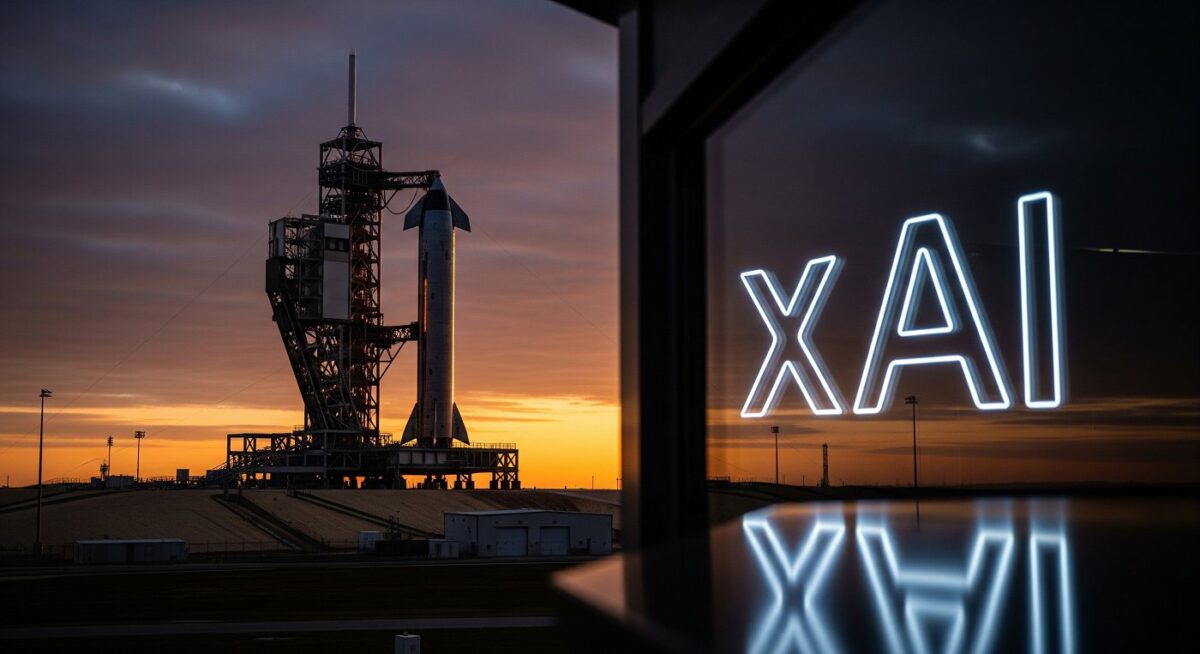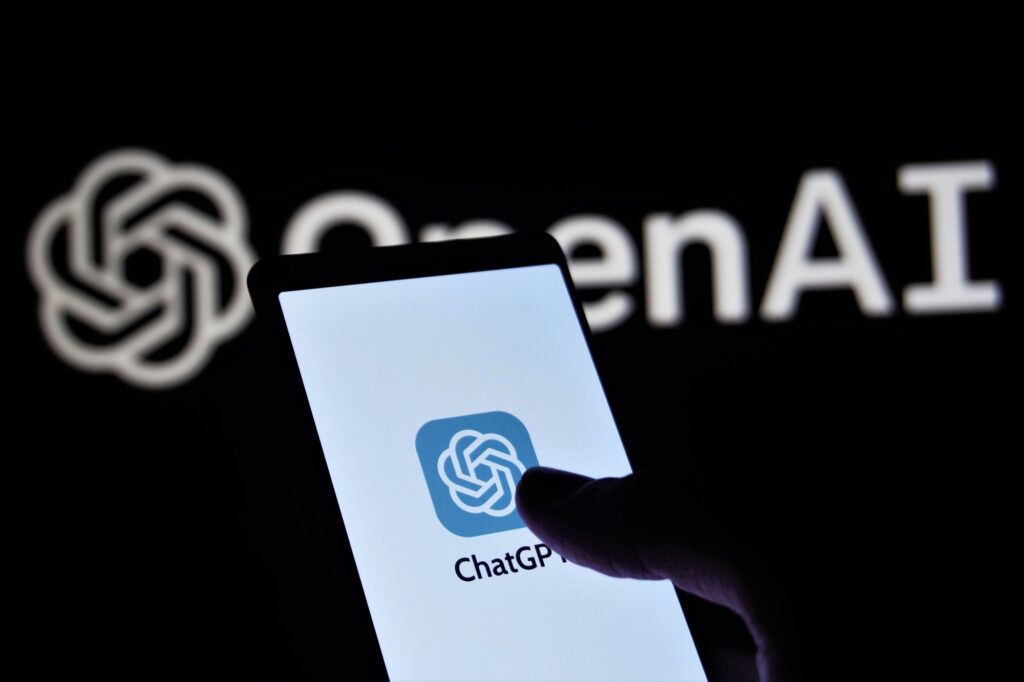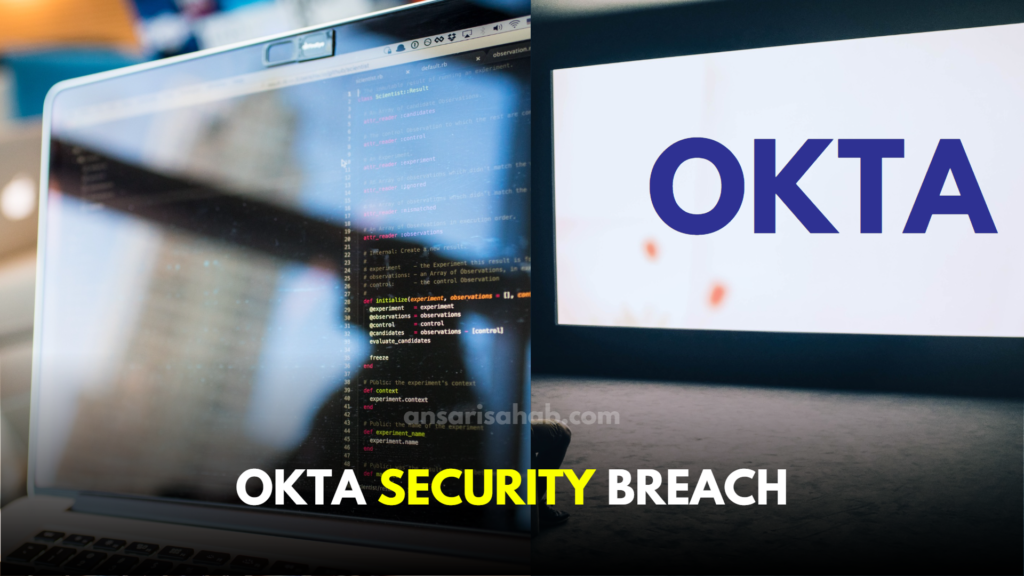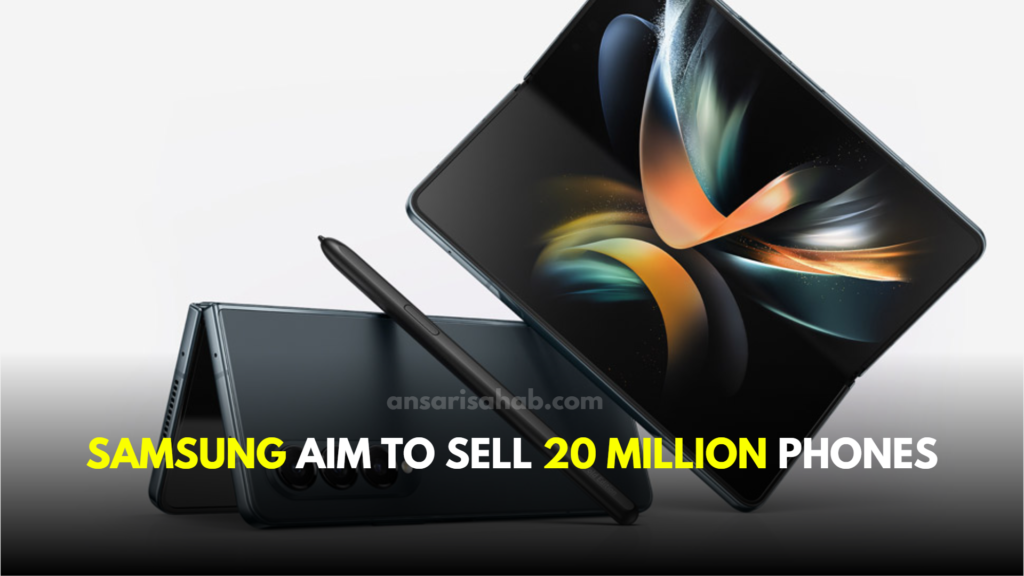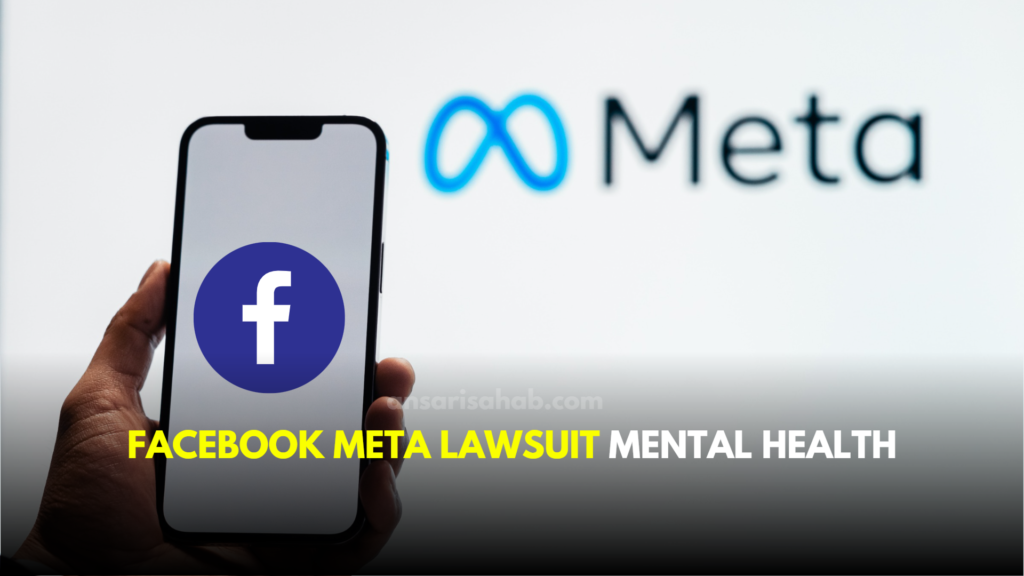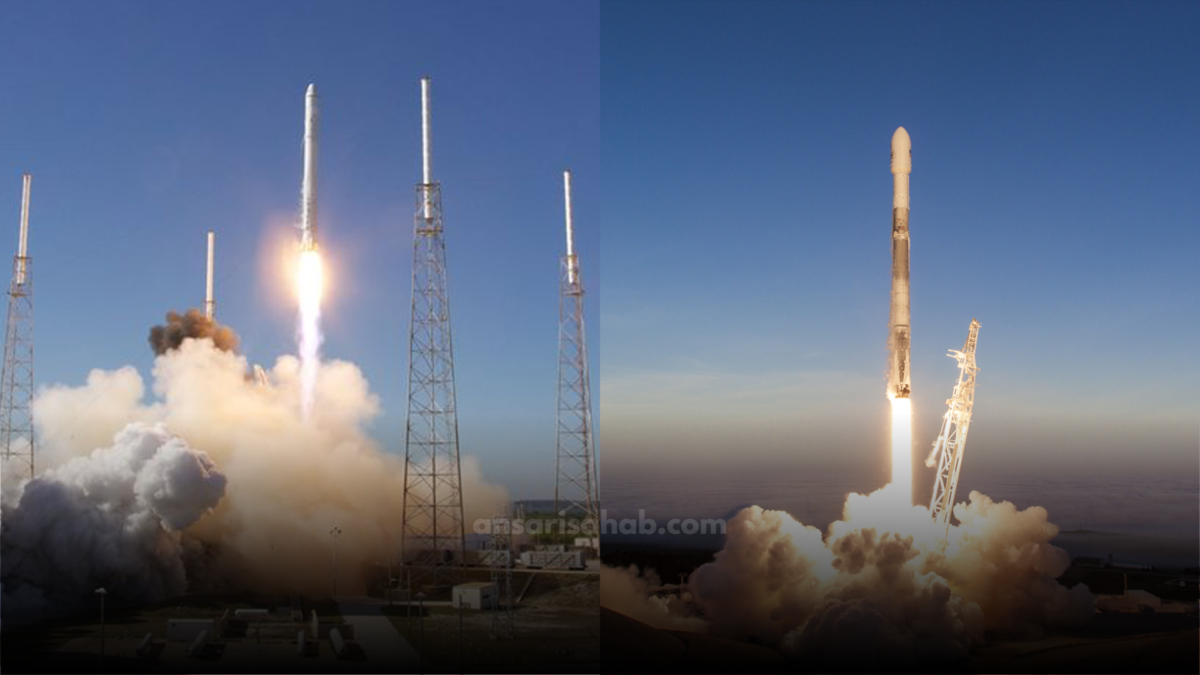SpaceX has committed $2 billion to Elon Musk’s artificial intelligence startup xAI, part of a $5 billion equity fundraising effort. The move, confirmed by multiple reports, is intended to strengthen Musk’s growing AI empire and deepen collaborations among his tech ventures.
What the Investment Involves
- Equity Round Participation: The $2B from SpaceX forms nearly half of xAI’s $5B equity raise, as reported in July 2025.
- Valuation: The funding follows xAI’s merger with X (formerly Twitter), placing the valuation of the combined entity at about $113 billion.
- First Known Capital Move: This is the first publicly known external equity investment by SpaceX into xAI.
Strategic Context and Key Players
- Grok Chatbot & Integration: xAI’s chatbot Grok, which has been integrated with X and powers customer support for SpaceX’s Starlink service, is expected to play a central role in Musk’s plan. There are also reports of future plans to integrate Grok into Tesla’s Optimus robots.
- Competition with OpenAI: Many analysts see the investment as a strategic response to the dominance of OpenAI and other large AI labs. Musk has traded public remarks about Grok being “the smartest AI in the world,” even as Grok has faced criticism for problematic responses in certain instances.
- Related Corporate Moves: The investment comes on the heels of xAI’s merger with X, and Musk has floated the idea of Tesla also investing in xAI, pending board and shareholder approval.
Expert Opinions and Analysis
Industry watchers note that SpaceX invests xAI in order to centralize AI capabilities across Musk’s portfolio of companies—SpaceX, Tesla, Neuralink, and X. By doing so, Musk potentially reduces fragmentation of resources, talent, and infrastructure.
However, some analysts raise questions about balance sheet risk. SpaceX is simultaneously investing heavily in its Starship rocket programme, which has experienced delays and test failures. Allocating $2B to an AI venture increases its exposure to both technological and financial risk.
What It Means for Users and the Market
- Acceleration of AI Features in Products: Users may see more AI-powered features in Tesla cars, Starlink services, X social platform, and potentially Optimus robotics. The investment gives xAI greater capacity to scale infrastructure and R&D.
- Heightened Competition: With SpaceX’s financial backing, xAI may be in a better position to compete with OpenAI, Google, Microsoft, and other established players. This could lead to more innovation—but also sharper competition.
- Governance and Oversight Concerns: Since the investment involves intercompany funding among Musk’s firms, questions around board approvals, shareholder rights, and transparency have surfaced. Tesla shareholders, for instance, may have a vote in whether Tesla invests in xAI.
Risks and Unresolved Issues
- Grok’s reliability has been under fire following controversial responses. This raises concerns about brand risk, moderation, and how mistakes are addressed.
- The timeline and terms of use for the investment, including which assets or capabilities SpaceX may leverage or gain access to, remain partly opaque. Public statements have confirmed the $2B investment and valuation, but detailed roadmaps are less clear.
Conclusion
By committing $2 billion to xAI, SpaceX has doubled down on Musk’s vision of an integrated AI ecosystem. The move marks a major tilt toward tighter synergy across Musk’s companies. While it boosts xAI’s competitive posture, it also places pressure on governance, execution, and reliability. How well xAI performs in coming months will be watched closely by the AI industry, investors, and regulators.
FAQs
“SpaceX invests xAI” refers to the decision by SpaceX to commit $2 billion in equity to xAI, which is Elon Musk’s artificial intelligence startup. This investment is part of a larger $5 billion equity round.
You may see enhanced AI features in services linked to Musk’s companies—such as Grok integrated into Starlink, AI tools on X, and possibly AI in Tesla’s vehicles and Optimus robots.
It improves xAI’s resources and infrastructure, which could help close the gap, but success will depend on performance, safety, user adoption, and how well controversies are managed. OpenAI remains a strong competitor.
Sources: Reuters

